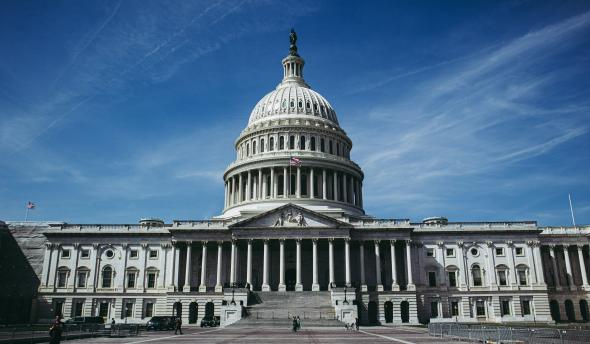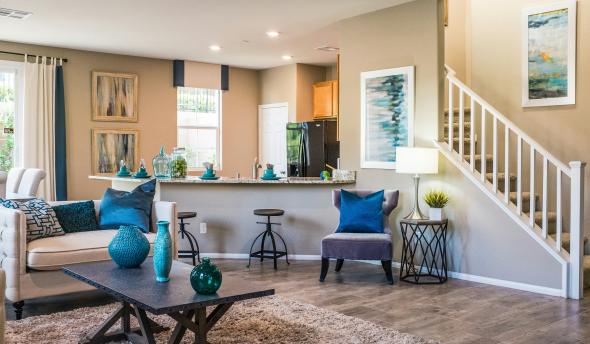
The International Code Council (ICC) has launched the process for the development of the next edition of the International Energy Conservation Code, the 2027 IECC.
Same as with the 2024 IECC, which is expected to be published in a matter of days, the next iteration of IECC will be developed by a committee consensus process based on the ANSI principles for development of standards.
NAHB is encouraging members to apply to serve on either the Residential Consensus Committee or the Commercial Consensus Committee for the 2027 IECC. It is critical that the knowledge and practical experience of the building community is represented in both committees. Our members are also effective at voicing concerns about the effects of regulations on consumers.
Applications to serve on the consensus committees are due Aug. 19 and must be submitted on ICC’s committee application website.
The Residential Committee will be updating provisions for one- and two-family dwellings and multifamily buildings up to three stories. The Commercial Committee will be updating provisions for multifamily buildings four stories and higher and all other building types.
These are large committees (40-50 people per committee) with members representing a broad range of stakeholders such as manufacturers, builders, designers, building code officials, state government agencies, federal government agencies, utilities, etc. Several subcommittees will be supporting the work of the main committees. There will be opportunities to get involved and get your voice heard throughout the process. If you have any questions about the process, the level of commitment, best way for you to participate, timeline, etc., please reach out to NAHB staff listed.
The ICC Board published revised scope and intent statements (subject to public comment and finalization) for the 2027 IECC, which will set the boundaries and provide direction for the new committees. The updated scope and intent statements clarified that the following types of provisions can be included in appendices or as options in the base code, but cannot be set as minimum requirements:
- Zero net energy performance
- Decarbonization measures
- Resilience measures
Members are also encouraged to reach out to their local code officials to let them know about the opportunity to apply to serve on the committees. Code officials with practical field experience in design, construction and inspection for compliance with energy codes will be valuable in the code development process.
*All articles have been redistributed from NAHB.org/blog*


